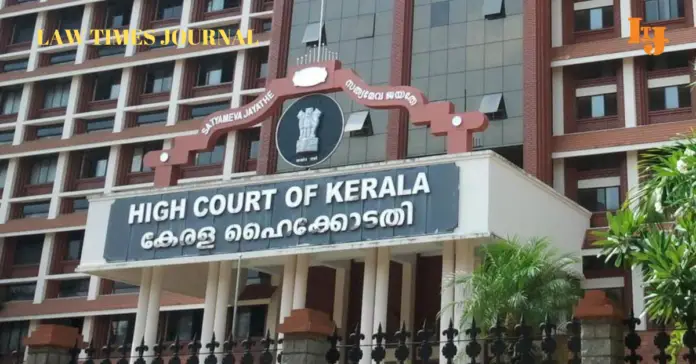
The first married ‘gay’ couple has moved to the High Court of Kerala to challenge the provisions of Special Marriage Act of 1954 as they don’t cover and recognise the registration of a homosexual marriage. The matter was heard by Justice Anu Sivaraman and accepted the petition filed by them. In furtherance the Honourable Kerala High Court has issued notice to the Government of India and the State Government of Kerala. The petitioner has added that the non-recognition of homosexual marriages in Special Marriage Act, 1954 and the discriminatory provisions of the Act are against Articles 14, 15(1), 19(1) (a) and 21 of the Constitution of India. The community of LGBTQ+ started to get their rights and placed on equal pedestal as heterosexuals in the 21st Century. The significant recognition of rights to transgender community was rendered through the judicial pronouncement in National Legal Services Authority v. Union of India (2014) 5 SCC 438 for being recognized in law. The act of homosexuality was decriminalized after the Judgment pronounced in Navtej Singh Johar v. Union of India 2018 (4) KLT 1(SC) and Executives of India passed the first law for Transgender in the year 2019 which wanted to end all forms of discrimination and mark the start of a new positive society.
The couple is an IT professional and a businessman who met in May of 2018, fallen in love with each other and decided to marry after two months of the relationship. Petitioner knew that either religious or temple authorities would not register their marriage and marriage certificate will not be issued. Hence, they decided to solemnize under the provisions of the Special Marriage Act of 1954 which is a secular legislation. The Supreme Court in the case of Navtej Singh Johar v. Union of India held that every person has a right to sexual identity and must be treated with the dignity of their identification.
Furthermore, Justice Chandrachud, in his concurrent opinion in Navtej Supra, had opined that:
Section 377 criminalizes behaviour that does not conform to the heterosexual expectations of society. In doing, it perpetuates a symbiotic relationship between anti-homosexual legislation and traditional gender roles. The notion of the nature of relationships is fixed and is within the ‘order of nature’ perpetuated by gender roles, thus excluding homosexuality from the narrative.’
The Court emphasised that those laws which are perpetuated stereotypes riddled with discrimination are unconstitutional. The Honourable Supreme Court held in the case of Navtej Johar,
‘Members of the LGBT community are entitled, like all other citizens, to the full range of constitutional rights including the liberties protected by the Constitution.’
They have pleaded the Court of Law to recognise their marriage as a valid and normal one. Similarly, the provisions of the Special Marriage Act, 1954 must give equal access to the institution of marriage for homosexual couples. They referred to a judgment made by the Supreme Court of the United States of America declaring Homosexual Marriage is Constitutionally Valid under the rule of law.
Key-Features:-
- Supreme Court recognized sexual identity as Fundamental Right under Article 21 of the Constitution of India.
- Special Marriage Act, 1954 doesn’t recognize Homosexual Marriages.
- Fearing a backlash from society, they performed the ceremony secretly.
- They seek declaration from Court of Law to register their union under Special Marriage Act, 1954.
- The Provision in the Special Marriage Act, 1954 is regressive and against recognizing marriages between sexual minorities.
Edited by J. Madonna Jephi
Approved & Published – Sakshi Raje
Reference
- Live Law. in, Gay Couple Moves Kerala HC For Recognition Of Homosexual Marriages Under Special Marriage Acthttps://www.livelaw.in/news-updates/gay-couple-moves-kerala-hc-for-recognition-of-homosexual-marriages-under-special-marriage-act-152046
- Times of India, Gay couple moves Kerala high court to register marriage https://timesofindia.indiatimes.com/city/kochi/gay-couple-moves-kerala-high-court-to-register-marriage/articleshow/73684671.cms
- The New Indian Express,Kerala’s first gay couple moves High Court to legalise their marriage https://www.newindianexpress.com/good-news/2020/jan/27/keralas-first-gay-couple-moves-high-court-to-legalise-their-marriage-2095258.html








